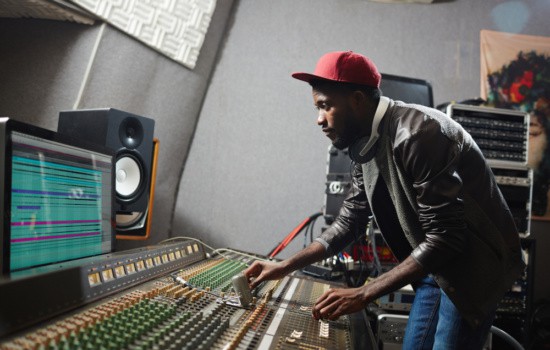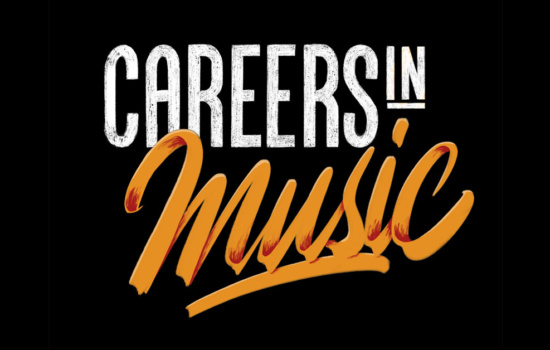It’s really tough to come up with a list of top music colleges, because there are so many that stand out in different ways.
So think of our list as a starting point and be sure to consider other schools in your search that may not be on our best music schools list.
In compiling the list, we tried to include some diversity, considering size, location, stylistic focus, reputation, and whether they are independent or part of a university system.
We list each top school with some brief info, then give you a framework for considering which schools will best fit your educational and career goals along with your personal preferences and learning style.






